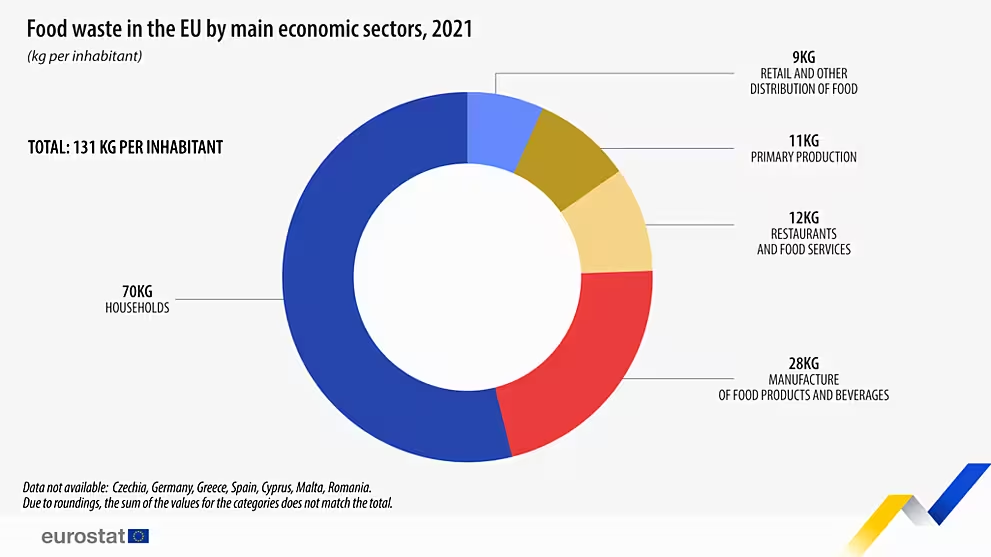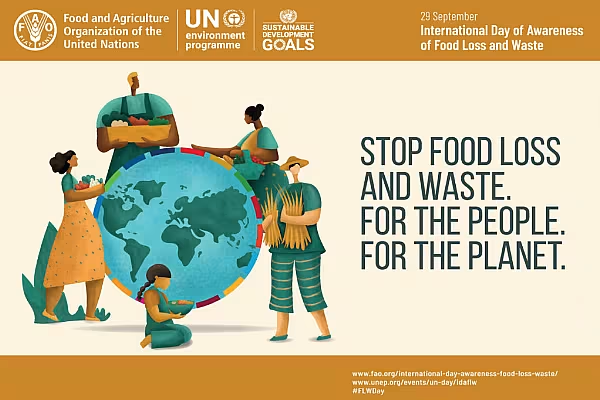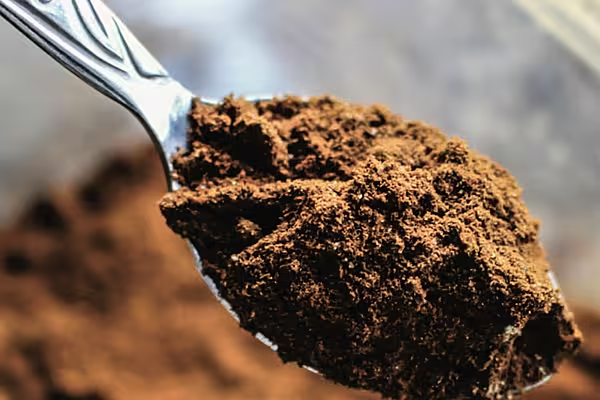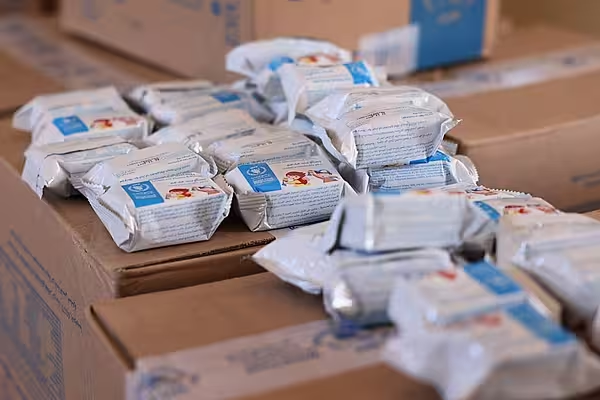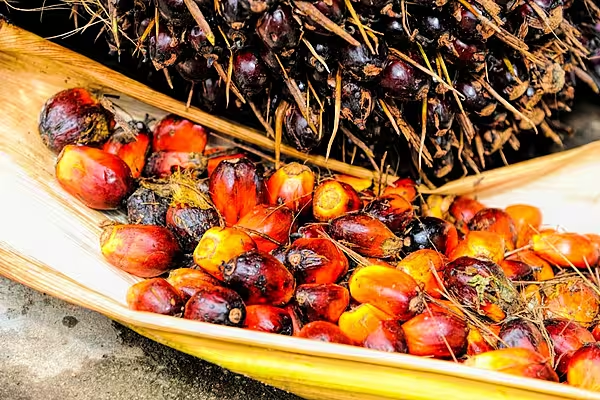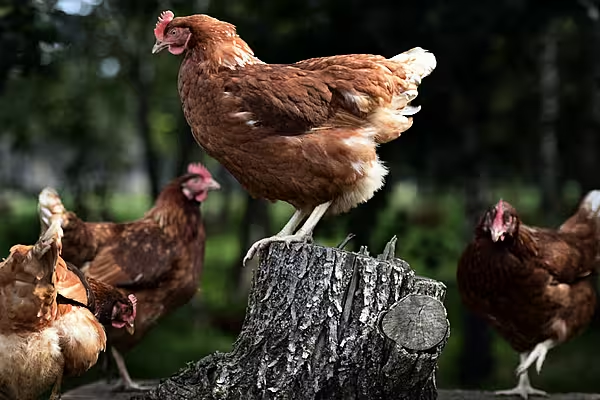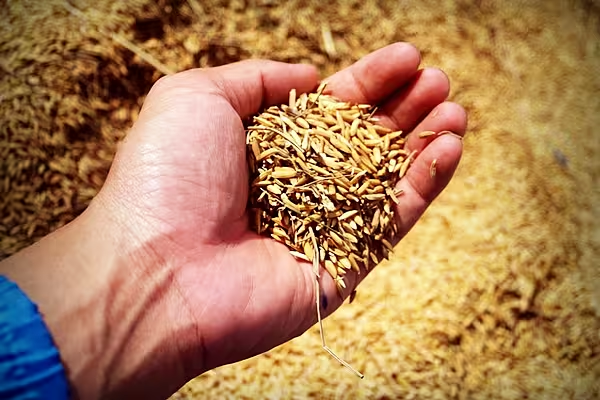Accelerating the pace of action towards reducing food waste is a 'dire necessity to positively impact the pace of agrifood system transformation – with tangible benefits for people and planet', the FAO has said, as it marks the International Day of Awareness of Food Loss and Waste, or IDAFLW, which takes place today, 29 September.
According to the FAO, between 691 million and 783 million people faced hunger in 2022, while an estimated 13% of the world's food is lost in the supply chain post harvest, and a further 17% is wasted in households, food services and in retail.
Sustainable Development Goals
It reiterated its call for all those involved in food production and consumption to adhere to Sustainable Development Goal 12 of the 2030 Agenda for Sustainable Development, specifically Target 12.3, which called for a halving of per capita global food waste at retail and consumer levels, and the reduction of food losses along production and supply chains.
Elsewhere, Target 16 of the Kunming-Montreal Global Biodiversity Framework (GBF), also calls for a 'halving [of] global food waste by 2030'.
'Reducing food loss and waste can play a key role in the transformation of agrifood systems by increasing the availability of food, contributing to food security, healthy diets, and building resilience,' the FAO said.
'Food loss and food waste reduction also serves as a key climate strategy by reducing greenhouse gas emissions (GHGs). It can therefore help countries and businesses to raise climate ambition, while conserving and protecting our ecosystems and natural resources upon which the future of food depends.'
'Evaluate Your Food Waste Practices'
Elsewhere, the European Food Information Council (EUFIC) has launched a one-month food waste campaign, calling on consumers to 'Evaluate Your Food Waste Practices' through an interactive quiz.
This new initiative encourages consumers to pay more attention to consumption habits, planning, preparation, shopping and storage, and offers tips on each.
“EUFIC developed a quiz to help identify what type of information individuals need to reduce their food waste, so we can provide them with useful tips on this issue," commented Dr Betty Chang, research area lead at EUFIC.
"Our hope is that once people better understand how to reduce food waste, they will feel more empowered to act on this important goal.”
A European Issue
According to just-published Eurostat data, in 2021, around 131kg of food per inhabitant was wasted in the EU. In total, the EU produced 58.4 million tonnes of food waste that year.
Household waste accounted for the highest percentage of this, 54% of the total, or 70kg per inhabitant.
